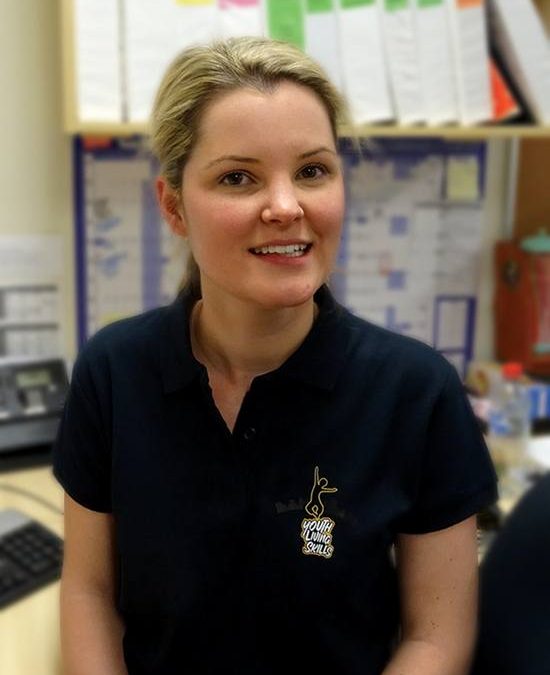What are psychological assessments for children?
In general, psychological assessments aim to explore an individual’s cognitive capacity, how they think and perceive thoughts, feelings and behaviours. These assessments usually involve the psychologist observing the person (performing certain tasks/tests) and assessing their responses to questions asked. In children, psychological assessments are most commonly recommended when the child displays learning difficulties at school, behavioural issues, or is not developing or behaving as expected.
There are various types of assessments available, however most of them explore the areas of the child’s intelligence or cognition, attention/concentration, memory, achievement, feelings and emotions, and behaviours. Psychologists, who are allied health professionals that have received specialty training in this field, conduct these tests.
Does my child need a psychological assessment?
Assessments can be useful to potentially diagnose medical conditions in children, as well as identify specific difficulties a child has in the hope of then providing therapeutic interventions. A child may benefit from a psychological assessment if they display the following:
– Learning problems – being behind their classmates academically and difficulties learning/retaining new information
– Poor ability to concentrate
– Poor social and interpersonal skills
– Behavioural difficulties and poor emotional regulation – poor ability to recognise and/or express their feelings and concerns, which may lead to anxious or frustrated behaviours
What does an assessment involve?
Overall, a psychological assessment commonly involves interviewing the child and their parents/carers (and possibly also educators), observing the child in a formal assessment, and the child undergoing standardised tests. The psychologist usually starts with general background questions about the child’s early childhood, development and current life and level of functioning. Standardised testing then used as the results can be compared to other children of the same age who have completed the same tests. The types of questions that children will generally be asked by the psychologist aims to appraise their abilities in thinking, reading, maths, writing and behaviour. The child’s parents or teachers may also complete standardised questionnaires.
The entirety of the assessment can be done all in one session with the family, or may be done over 2-3 sessions. This can depend on scheduling/availability issues of the family and psychologist, or if the child is expected to have focus or attention issues. Once the assessment is complete, the psychologist will need to interpret the results of the tests. They will then discuss the results with the family (often the parents primarily, depending on the child’s age). The psychologist will discuss the strengths and weaknesses of the child revealed from the assessment and suggest ways deficits may be addressed or mitigated. However, it is also important to note that psychological assessments do not encompass all of an individual’s potential or abilities, and results may be influenced by other factors. These factors may include the child’s willingness to complete the testing, their emotional state (e.g. if they were anxious), ability to concentrate or physical health.
Do we need to prepare for an assessment?
An individual does not need to specially prepare for an assessment. Children should be encouraged to do the best that they can, and it is helpful to let them know that they are not expected to answer all questions correctly or complete all questions. It is best if the child is as relaxed as possible. Often, psychologists prefer to conduct the standardised cognitive tests with children mid-morning time, when the child is most likely to be awake and alert. It is also important for the environment to be quiet and devoid of distractions for the child.

